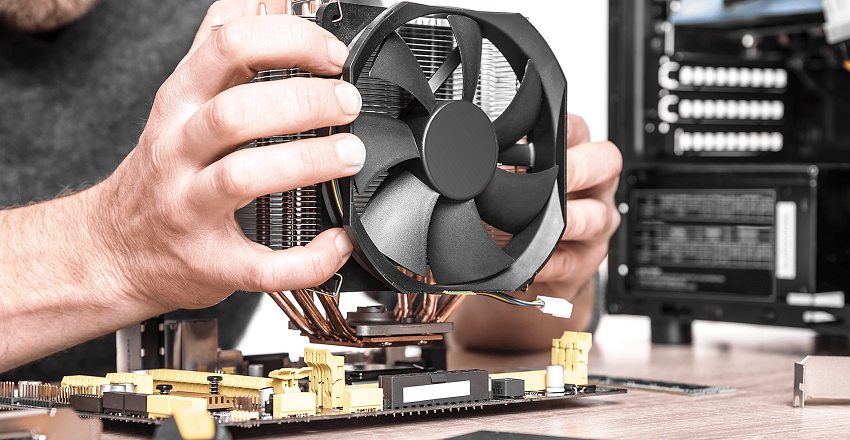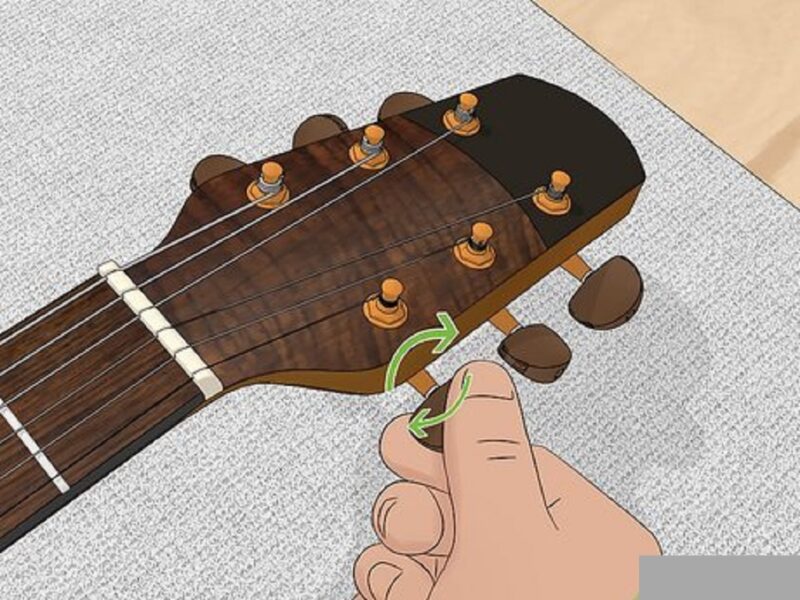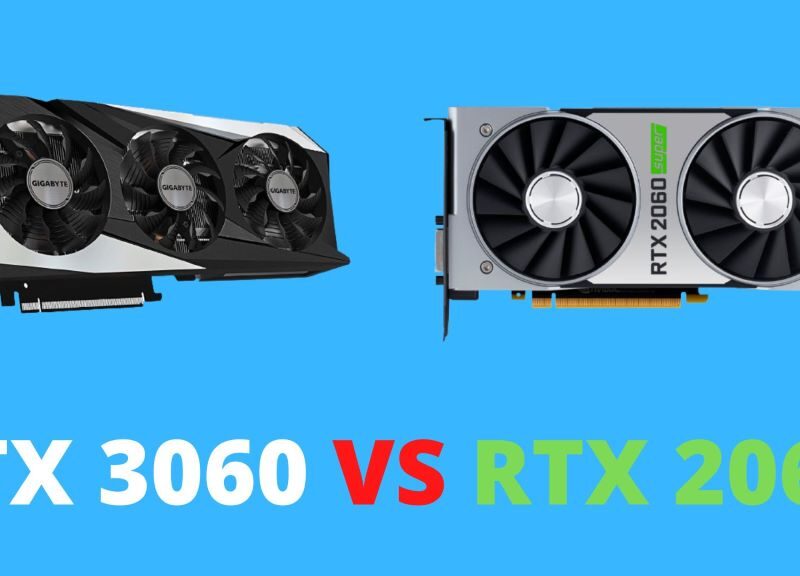Imagine this: You’re working on an important project, and suddenly, your computer starts acting up. It’s slow, unresponsive, and you have no idea what’s wrong. Don’t panic! Computer maintenance can help you keep your machine running smoothly and avoid frustrating situations like this. In this article, we will explore the various types of computer maintenance to help you understand how to take care of your device effectively. The content is introduced by https://ledmain.com/
Why Computer Maintenance Matters
Before we dive into the different types of computer maintenance, let’s discuss why it’s essential to prioritize regular upkeep for your device. Just like any other piece of technology, computers require attention and care to ensure optimal performance and longevity. Neglecting maintenance can lead to sluggishness, errors, data loss, and even hardware failures.
Software Updates and Patching
Regularly performing computer maintenance and repair is crucial to keep your system running smoothly and avoid potential security risks, data loss, and even hardware failures. The first type of computer maintenance involves keeping your software up to date. Operating systems and applications often release updates to address security vulnerabilities, improve performance, and add new features. Regularly installing these updates ensures that your computer remains protected and functions smoothly.
Virus and Malware Protection
Computer security is a crucial aspect of maintenance. Malicious software, such as viruses and malware, can wreak havoc on your system, compromising your data and privacy. Install a reputable antivirus program and keep it updated to defend against potential threats. Additionally, exercise caution when downloading files or visiting unfamiliar websites to minimize the risk of infection.
Disk Cleanup and Defragmentation
Over time, your computer’s hard drive accumulates temporary files, duplicate data, and fragmented files that can impact performance. Regular disk cleanup and defragmentation help optimize storage space and organize files for faster access. Use built-in tools like Disk Cleanup (Windows) or Disk Utility (macOS) to remove unnecessary files and defragment the hard drive if required.
Hardware Cleaning
Dust and debris can accumulate inside your computer, causing overheating and potential damage to sensitive components. Periodically clean the external and internal parts of your computer, including the keyboard, vents, and fans. Use compressed air or a soft brush to remove dust, ensuring proper airflow and temperature regulation.
Backup and Data Protection
Data loss can be devastating, so it’s vital to have a reliable backup system in place. Regularly back up your important files and documents to an external hard drive, cloud storage, or a combination of both. This way, even if your computer crashes or experiences a hardware failure, you can restore your data and resume your work without major disruptions.
Hardware Upgrades
As technology advances, your computer’s hardware may become outdated, affecting its performance and compatibility with new software. Consider upgrading components such as the RAM, storage, or graphics card to enhance your computer’s capabilities. Research compatible upgrades for your specific model and consult with professionals if needed.
Cleaning and Organizing Files
A cluttered digital workspace can make it challenging to find what you need and slow down your computer. Take the time to organize your files into logical folders and delete unnecessary documents. This practice not only improves productivity but also contributes to a more efficient computer system.
Power Management
Efficient power management can help prolong your computer’s lifespan and reduce energy consumption. Adjust power settings to optimize performance while conserving energy. For example, use sleep mode or hibernate when your computer is idle for extended periods.
Network Maintenance
If you use your computer for online activities, network maintenance is essential. Keep your router firmware updated and secure it with a strong password to prevent unauthorized access. Regularly check for network issues, such as slow internet speeds or intermittent connectivity, and contact your internet service provider if necessary.
Conclusion
Computer maintenance is a critical aspect of ensuring your device operates smoothly and reliably. By following these various types of maintenance, you can improve performance, prevent data loss, and extend the lifespan of your computer. Remember to keep your software up to date, protect against malware, clean hardware, backup your data, organize files, and manage power and network settings. By prioritizing regular maintenance, you’ll experience a more efficient and enjoyable computing experience.
FAQs (Frequently Asked Questions)
How often should I perform computer maintenance?
It is recommended to perform basic maintenance tasks, such as software updates and disk cleanup, on a monthly basis. However, it’s a good practice to keep an eye on your computer’s performance and address any issues promptly.
Can I perform computer maintenance myself, or should I seek professional help?
Many maintenance tasks can be done by computer users themselves, such as software updates, disk cleanup, and file organization. However, if you’re unfamiliar with hardware upgrades or encounter complex issues, it’s advisable to consult a professional technician.
Is antivirus software necessary for Mac computers?
While Mac computers are generally more secure than Windows computers, they are not invulnerable to malware. It’s still important to install reputable antivirus software to protect your Mac from potential threats.
How long does a computer typically last before it needs replacement?
The lifespan of a computer can vary depending on factors such as usage, maintenance, and technological advancements. On average, a well-maintained computer can last anywhere from 3 to 5 years, but it’s not uncommon for users to extend the lifespan with hardware upgrades.
What are the signs that my computer needs maintenance?
Slow performance, frequent crashes, unusual noises, overheating, and errors are common signs that your computer requires maintenance. If you notice any of these issues, it’s best to address them promptly to avoid further complications.



